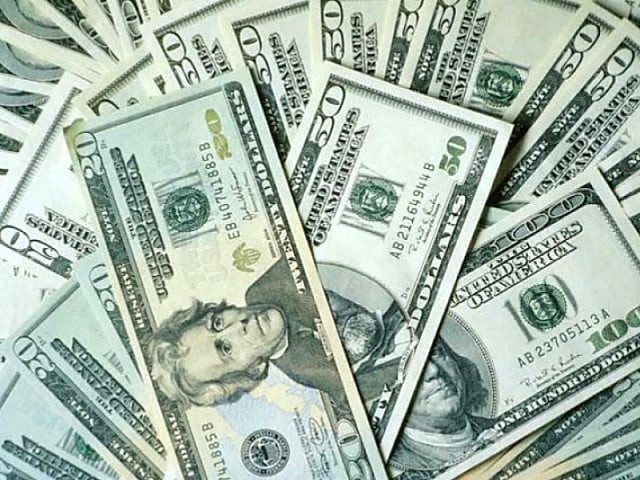Fed rate cut boosts Pakistan's prospects
Lower global borrowing costs set to enhance textile exports, attract foreign investment

Pakistan is poised to benefit from the recent 50 basis point cut in US interest rates, which is expected to stimulate demand in key export markets such as the US and Europe. The Federal Reserve's reduction to a range of 4.75-5% marks the first monetary easing in four years and is projected to boost Pakistan's textile exports, particularly to Western markets.
Financial experts told The Express Tribune that the rate cut has lowered global borrowing costs, making it more feasible for Pakistan to tap international capital markets. The country is considering issuing Eurobonds, Sukuk, and Panda bonds to bridge a $5 billion financing gap over the next three years. Pakistan has already arranged some of the required funds.
Speaking on the condition of anonymity, a Pakistan-based economist working for a Western company told The Express Tribune that the Federal Reserve's rate cut serves two primary purposes: stimulating the US economy and reducing unemployment. This, in turn, could benefit Pakistani expatriates by increasing their earnings and reducing mortgage payments, thus maintaining robust remittance flows to Pakistan.
Muhammad Sohail, CEO of Topline Securities, added that the rate cut could lower Pakistan's external borrowing costs. He noted that if Pakistan gains access to the Eurobond market, it could secure relatively low-cost funding, depending on the country's credit rating. Recent upgrades by Fitch and Moody's, which improved Pakistan's outlook from stable to positive, have already reduced the risk of foreign debt default, although the external economy remains vulnerable. Shahid Ali Habib, CEO of Arif Habib Limited, echoed these sentiments, suggesting that lower US rates could attract foreign investors to Pakistan's markets, which offer higher returns. "In FY24, foreign investment reached $141 million, the highest since FY14. The Fed's rate cut could further boost foreign investment, potentially lifting the stock market."
The anonymous economist also noted that further rate cuts by the US Federal Reserve, expected in November, could increase foreign investment in Pakistan's bonds and stock market. The European Central Bank (ECB) has similarly reduced its interest rate, lowering it to 3.5%. This rate cut is also expected to benefit Pakistani exporters, as Europe remains one of the country's largest export markets. He explained that the European and Canadian central banks follow the US central bank on monetary decisions, expecting that further monetary easing under the current cycle should boost exports to the West.
The expert highlighted that as the gap between bond yields in the US and Pakistan widens, Pakistan's rupee-denominated Treasury bills (T-bills) may attract more foreign investment. Pakistan's central bank has slashed its key policy rate by 450 basis points over the past three months to 17.5%, significantly higher than US and European rates. Foreign investors have already injected $50 million into Pakistan's local bond market, according to Topline Securities.
The rate cut cycle in the West may also prompt the State Bank of Pakistan (SBP) to further lower its policy rate, encouraging growth in Pakistan's import-driven economy. This is contingent on steady inflows of workers' remittances, which remain strong at around $3 billion per month, and continued improvement in export earnings.



















COMMENTS
Comments are moderated and generally will be posted if they are on-topic and not abusive.
For more information, please see our Comments FAQ